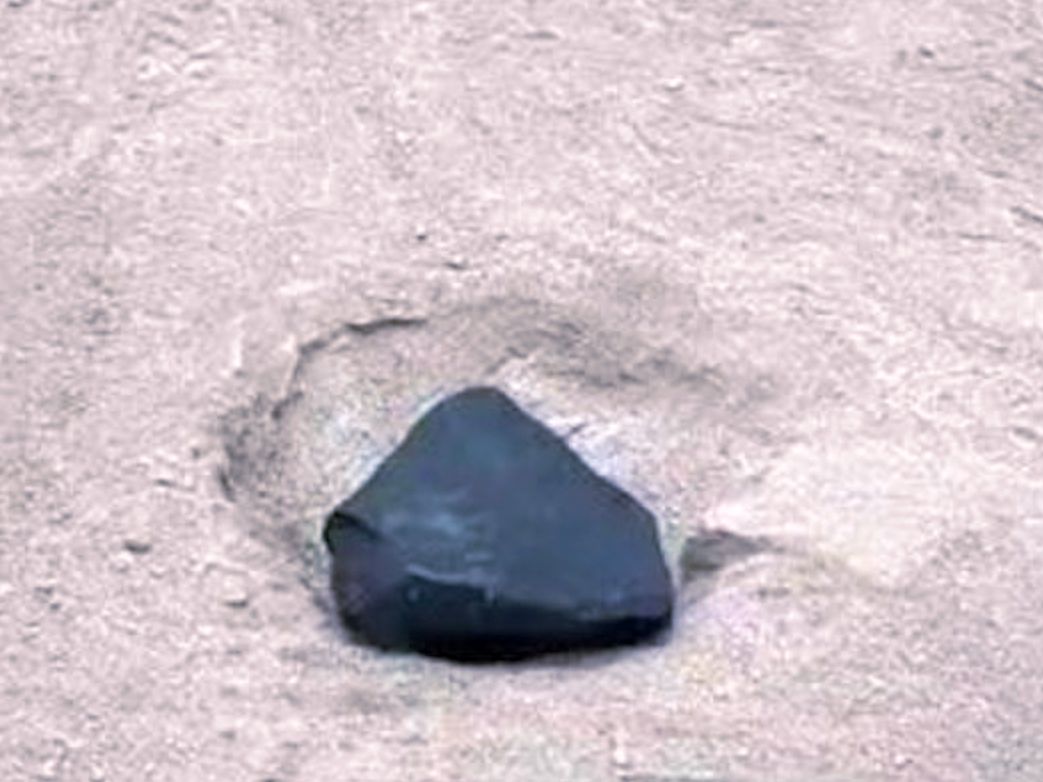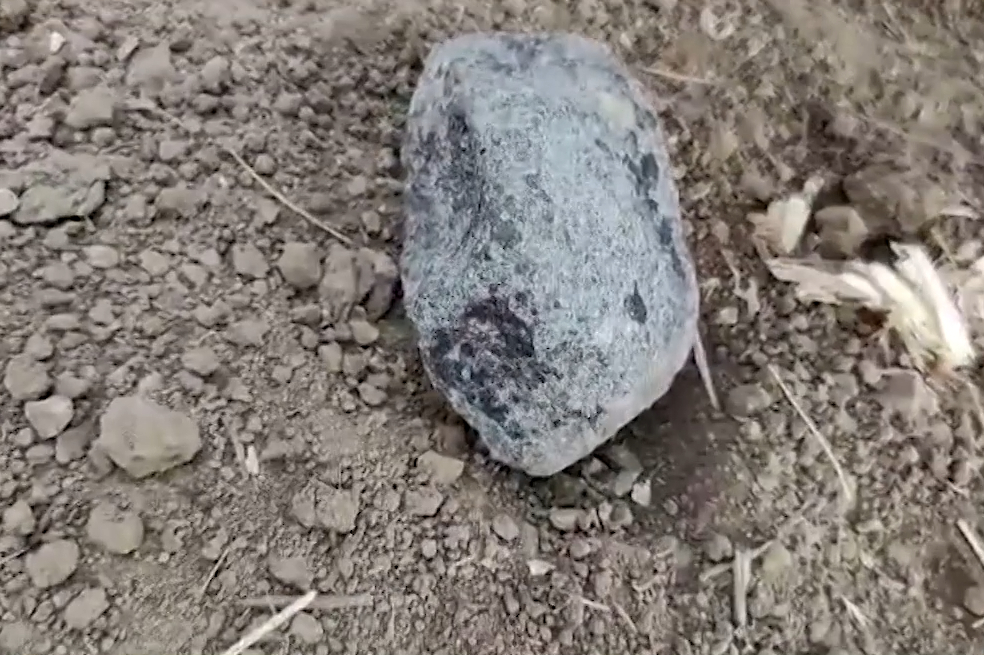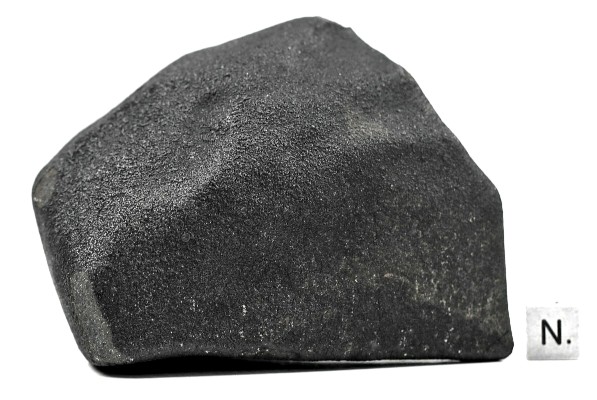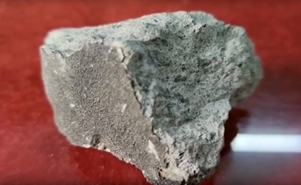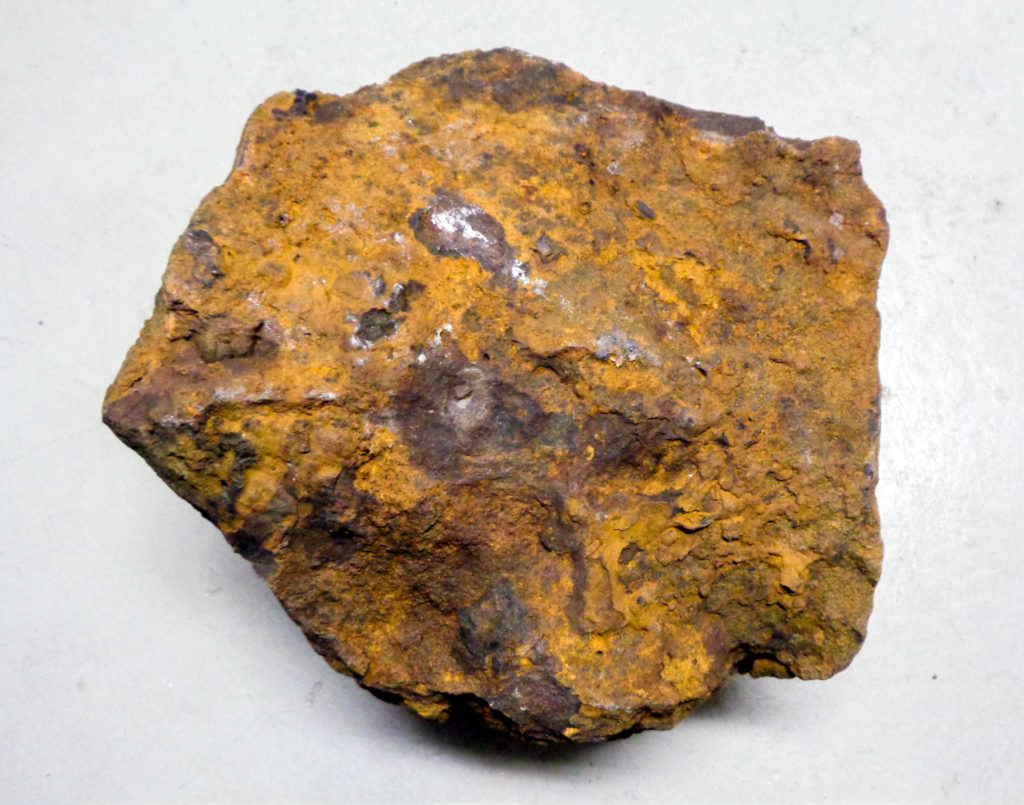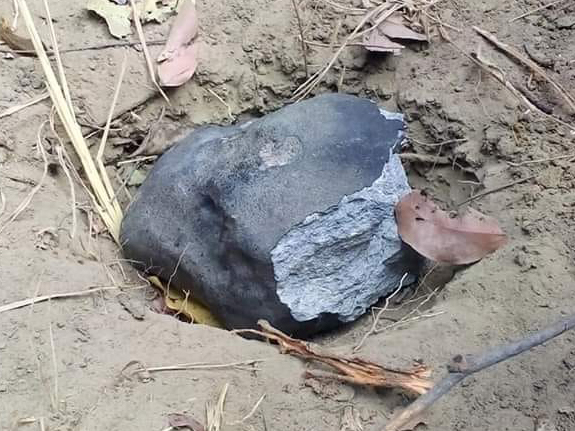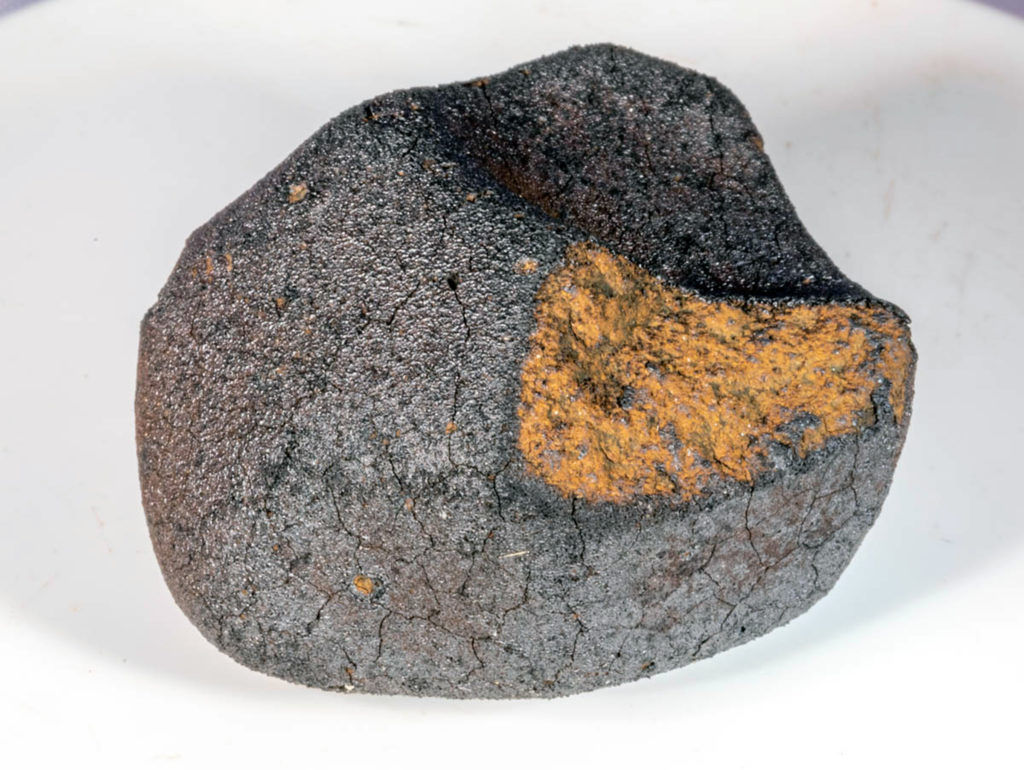Artificial weathering of an ordinary chondrite: Recommendations for the curation of Antarctic meteoritesOPEN ACCESS
Matthias van Ginneken, Vinciane Debaille, Sophie Decrée, Steven Goderis, Alan B. Woodland, Penelope Wozniakiewicz, Marleen De Ceukelaire, Thierry Leduc, Philippe Claeys
MAPS
Version of Record online: 05 May 2022
LINK (OPEN ACCESS)
PDF (OPEN ACCESS)
“Meteorites are prone to errestrial weathering not only after their fall on the Earth’s surface but also during storage in museum collections. To study the susceptibility of this material to weathering, weathering experiments were carried out on polished sections of the H5 chondrite Asuka 10177. The experiments consisted of four 100-days cycles during which temperature and humidity varied on a twelve hours basis. The first alteration cycle consisted of changing the temperature from 15 to 25 °C; the second cycle consisted of modifying both humidity and temperature from 35 to 45% and 15 to 25 °C, respectively; the third cycle consisted of varying the humidity level from 40 to 60%; and the fourth cycle maintained a fixed high humidity of 80%. Weathering products resulting from the experiments were identified and characterized using scanning electron microscopy–energy dispersive spectroscopy and Raman spectroscopy. Such products were not observed at the microscopic scale after the first cycle of alteration. Conversely, products typical of the corrosion of meteoritic FeNi metal were observed during scanning electron microscope surveys after all subsequent cycles. Important increases in the distribution of weathering products on the samples were observed after cycles 2 and 4 but not after cycle 3, suggesting that the combination of temperature and humidity fluctuations or high humidity (>60%) alone is most detrimental to chondritic samples. Chemistry of the weathering products revealed a high degree of FeNi metal corrosion with a limited contribution of troilite corrosion. No clear evidence of mafic silicate alteration was observed after all cycles, suggesting that postretrieval alteration remains limited to FeNi metal and to a lesser extent to troilite.”

